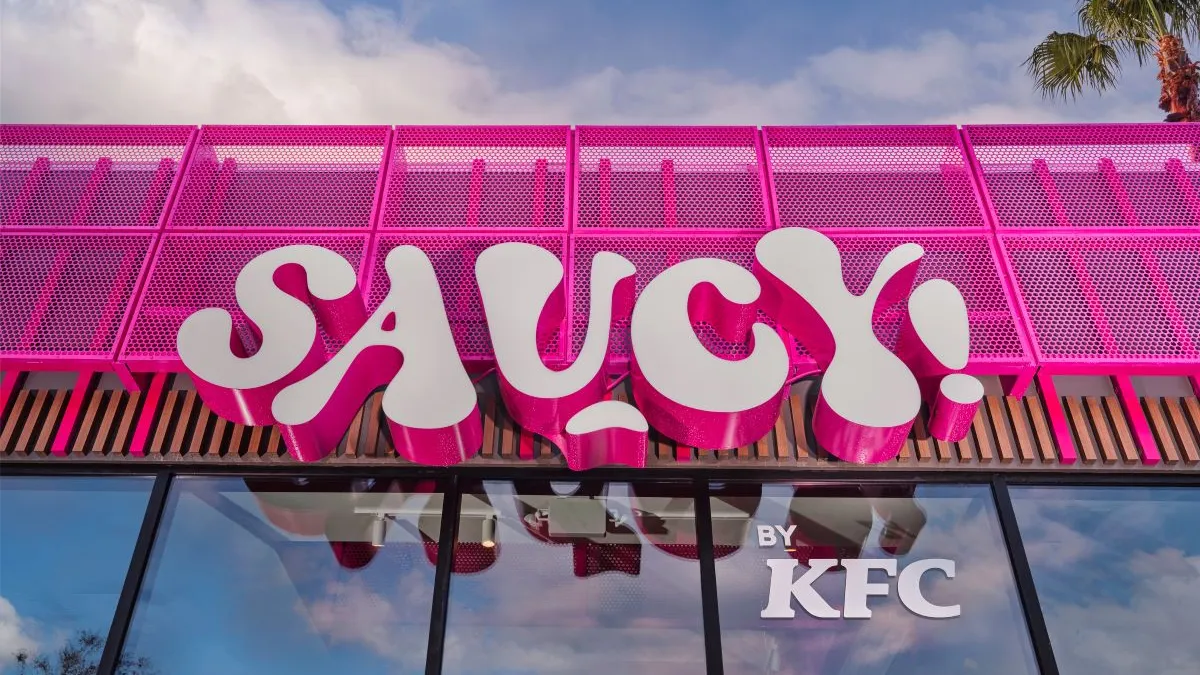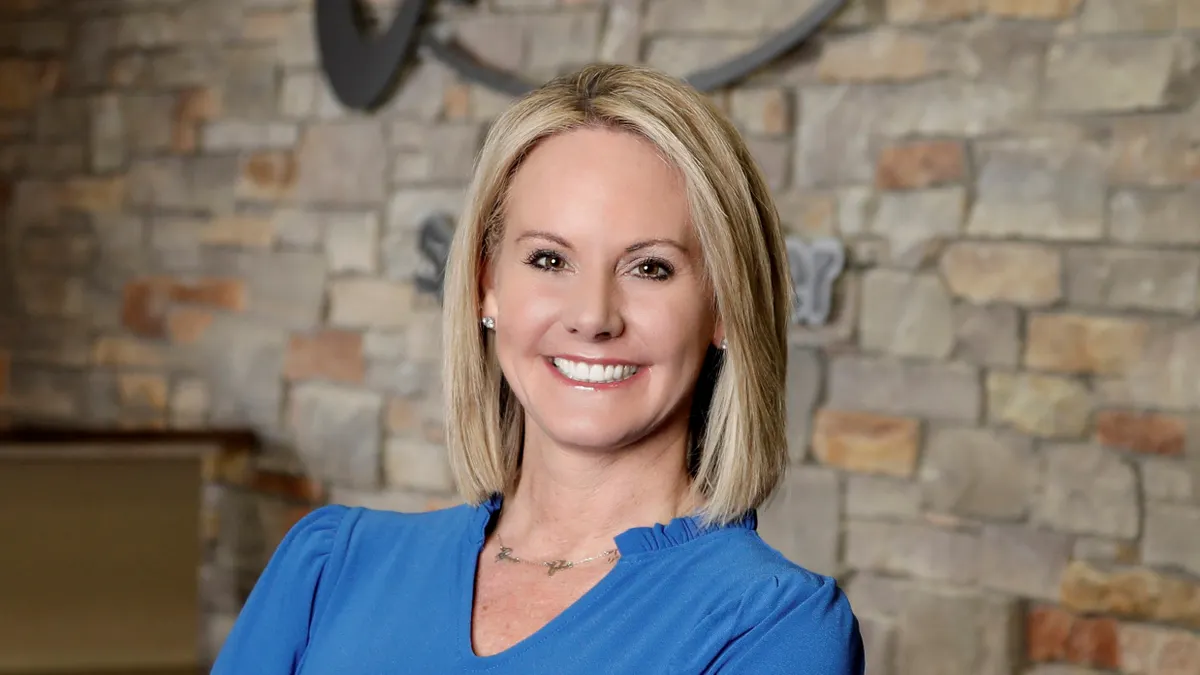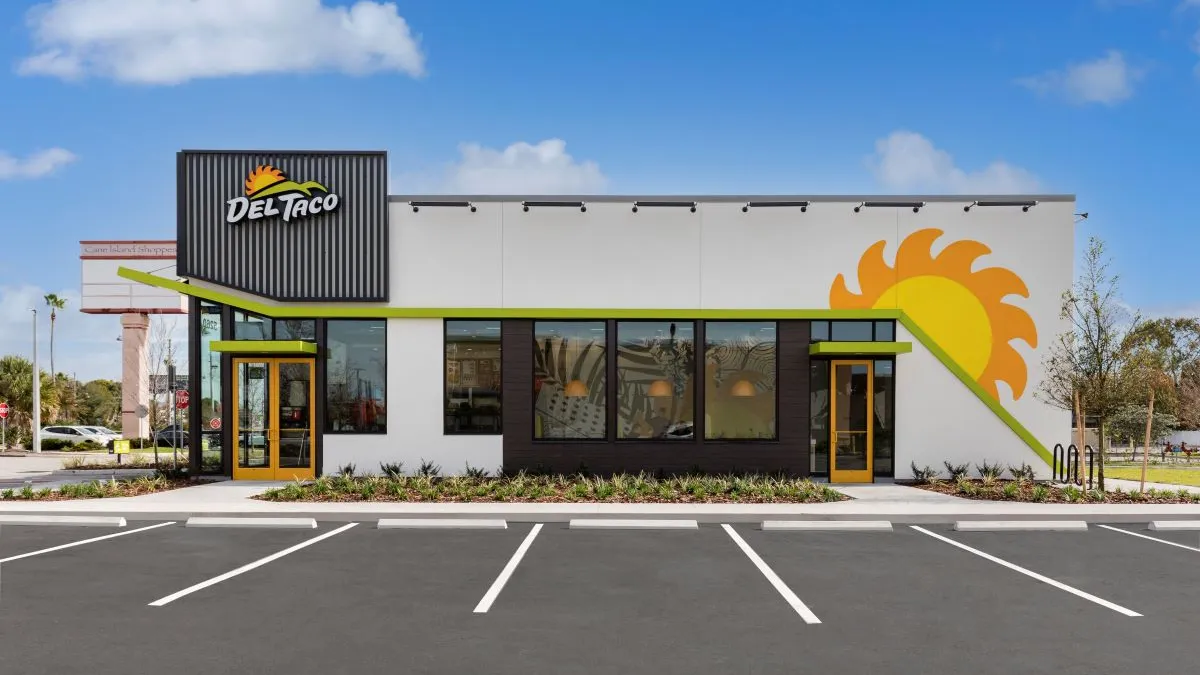A smoother ride for Domino's Pizza deliveries directly impacts many cities' infrastructure so much that the pizza chain, city leaders and residents are saying, "more please."
Following the success of the "public-pizza partnership" Domino's Pizza is exploring ways to move it forward. At the outset, none of the parties involved knew how great the impact would be.
The "Paving for Pizza" initiative offers cash grants of $5,000 to local governments to pave potholes. Domino's launched the program in June of 2018 under the guise of giving pizzas a smoother ride. The offshoot is financial assistance in rebuilding some of the United States' crumbling infrastructure, without dipping into the public purse.
After attracting thousands of applications, Domino's says the next step is pushing the initiative to local teams. Franchisees from the nearly 800 independent owners can pay to pave roads close to their locations. Company spokeswoman Jenny Fouracre-Petko said that way, it can "live on through our franchisees."
"Hopefully this idea of finding something that's relevant to your community and your neighborhood and your customers and doing something unexpected but really welcomed will continue moving forward," she told Smart Cities Dive.
Domino's initially planned to pave in 20 cities, but Fouracre-Petko said that plan quickly needed revising after they received more than 130,000 submissions for almost 15,000 ZIP codes.
"It was pretty clear pretty early on that a lot of places wanted this and we weren't going to be able to just pick 20," she said. So the company decided in August 2018 to pave in at least one jurisdiction in every state. Granting $5,000 to one jurisdiction in every state, would bring the investment in potholes to $250,000.
Paving in Arizona, Hawaii and Tennessee stands between Domino's and the goal. Fouracre-Petko said that should be doable in the next month or so.
The price of fixing a pothole can vary, depending on if cities or states use contractors or staff from their departments of transportation. Governing found that it cost Texas $23 to fix a pothole using in-house staff, or $129 for a contractor to do the same work.
Show me the money
Representatives of some of the participating cities told Smart Cities Dive that they received a cash grant for pothole patching through marketing agency Crispin Porter Bogusky (CP+B Group). Officials said they heard about the opportunity through the Engaging Local Government Leaders (ELGL) initiative; local press; or by sheer weight of nominations from the public.
As appealing a proposition as it is for cities, it also came with criticism from some quarters that it represented a further shift in power from governments to corporations.
Milford, DE City Manager Eric Norenberg noted in an interview with Smart Cities Dive that while Domino's provided a stencil to be painted over the filled pothole as part of the deal, that street art would fade quickly in the rain.
"As a city that is cash-strapped where every penny counts, we were able to fill more potholes in our city than we would have been able to otherwise," Hamtramck, MI City Manager Kathleen Angerer told Smart Cities Dive in an email. "While $5,000 doesn't go far, it helped with roads that were otherwise good, but had a pothole in need of repair."
"I would say that anytime a municipality or town can supplement their 'paving' budget during these financially constrained times, it is definitely worth it," New Haven, CT Public Works Department spokeswoman Kathie Hurley told Smart Cities Dive in an email.
From a practical standpoint, cities that are subject to harsh winters found the partnership especially helpful. City of Des Moines, IA spokesman Shay Willis told Smart Cities Dive in an email that the city typically uses around 2,300 tons of asphalt each year patching its potholes, so the assistance was "appreciated" by the government and residents.
"As a city in northeastern Pennsylvania we face difficult winters each year, which result in potholes each spring," City of Wilkes-Barre, PA spokesman Tyler Ryan told Smart Cities Dive in an email. "The grant from Domino's supplemented an almost depleted pothole patching budget for 2018."
Pothole passion
The campaign earned praise from infrastructure experts like the Alliance for American Manufacturing, who look at the estimated $2 trillion the American Society of Civil Engineers (ASCE) says the U.S. needs to spend to fix its ailing roads and saw this as a way to address the backlog.
But it also highlighted the issue of fixing potholes retains a certain popularity among ordinary people. And the principle of not waiting for local governments to act seems to have caught on: in Oakland, CA and New Orleans, so-called "vigilantes" made fixes.
"We knew this was something that was a real consumer insight and a real tension that was out there, and I think that's why this is something that really resonated so broad scale for everyone," Fouracre-Petko said. "I thought it was fascinating. People are very passionate about potholes; I would not have guessed how passionately people really feel about this."
The initiative got city leaders thinking about how to better leverage public-private partnerships (P3s), which are seen as critically important to elected officials and staffers at various levels of government, and have been used in areas including urban logistics and transportation, as well as for infrastructure fixes like filling in potholes or rebuilding bridges and tunnels.
Norenberg said cities need to be more "open-minded" when it comes to these types of partnerships, especially with a private sector partner willing to step in and do something popular with city residents.
"It doesn't always have to be exactly that formal P3 where you end up with leases and things like that," he said. "I think we can be looking for opportunities to make our community better in ways that are ethically responsible but bring new investment into the community in a way that makes it more attractive to residents and visitors alike."























